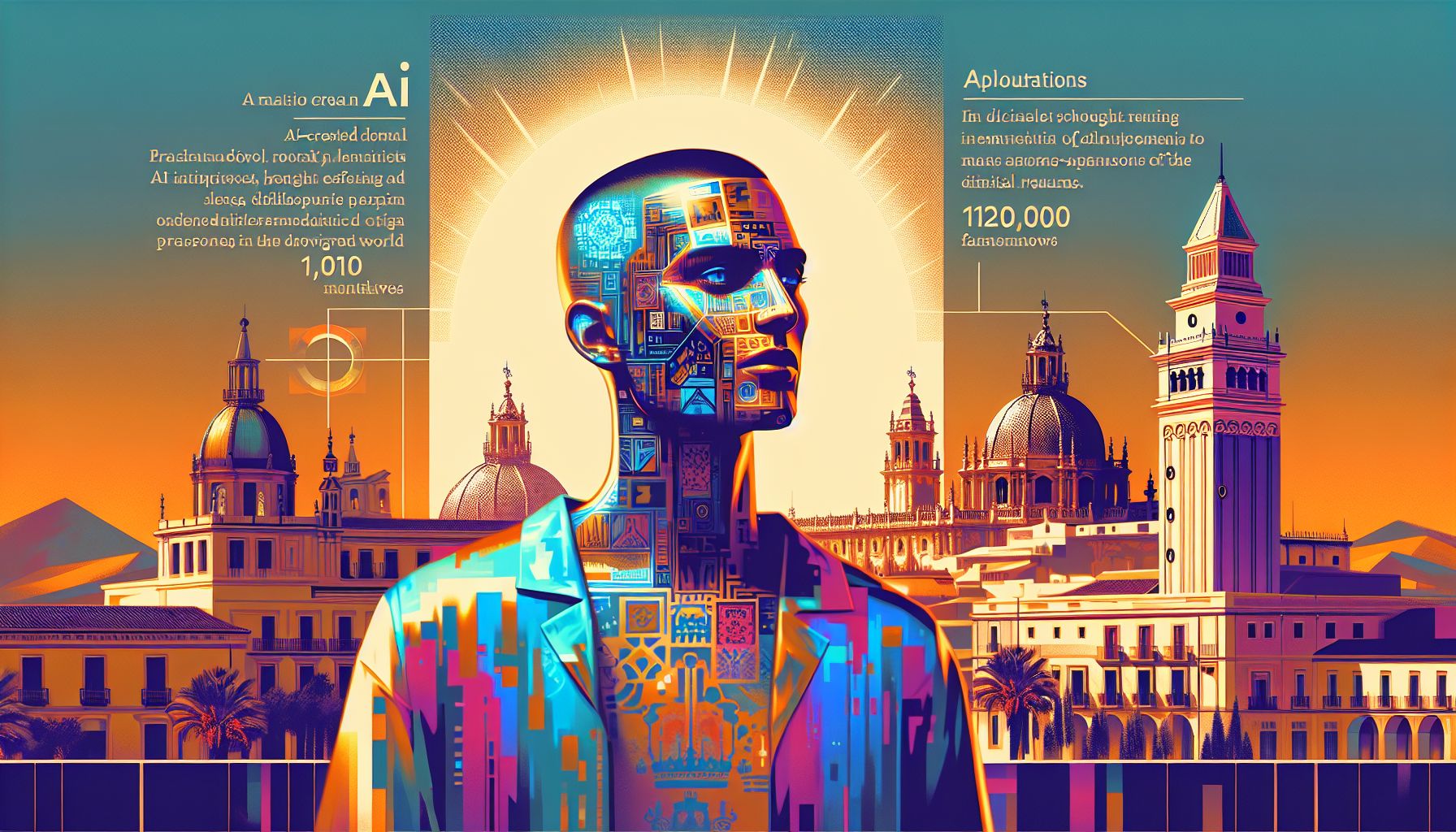Spain's Virtual Model Aitana Earns €10,000 Monthly, Blurring Reality and AI

Barcelona, Monday, 11 November 2024.
Aitana, Spain’s first AI-created virtual model, earns up to €10,000 monthly through brand partnerships and social media engagement. With 121,000 Instagram followers, including celebrity admirers, Aitana’s success highlights AI’s growing impact on influencer marketing and raises questions about virtual personas in digital spaces.
The Birth of Aitana: An AI Innovation
Aitana, the brainchild of Rubén Cruz, founder of The Clueless agency in Barcelona, represents a cutting-edge fusion of artificial intelligence and digital design. Unlike traditional models, Aitana was crafted entirely by a team of AI and design experts, bypassing the need for physical photo shoots. The agency meticulously plans her virtual life, simulating real-world activities and interactions on social media to engage her audience[1].
AI’s Transformation of the Modeling Industry
This innovative approach not only redefines the modeling profession but also offers an insight into the potential of AI in personal branding and marketing. Aitana’s digital presence is carefully curated to reflect popular societal trends, such as her pink-haired gamer aesthetic, making her relatable to a broad audience. Her ability to earn over €1,000 per advertisement, coupled with her roles in campaigns for brands like Big, a sports supplement company, showcases AI’s potential to disrupt traditional influencer markets[1].
Virtual Models vs. Real Influencers
The Clueless agency’s strategy capitalizes on the flexibility and consistency that virtual models provide. Unlike real influencers who might face scheduling conflicts or personal issues, Aitana remains an ever-available and adaptable figure. This reliability is attractive to brands looking to avoid continuity problems. The agency anticipates a growing demand for personalized AI models in the marketing sector, driven by cost-effectiveness and the ability to maintain a consistent brand image[1].
Ethical Considerations and Future Implications
While Aitana’s success is a testament to innovation, it also raises ethical questions about the influence of hyper-realistic virtual personas on youth and societal perceptions of reality. Critics argue that such models could exacerbate unrealistic beauty standards and impact mental health. However, proponents, like Cruz, argue that these models are simply an extension of existing brand aesthetics and a natural progression in digital marketing[1].

